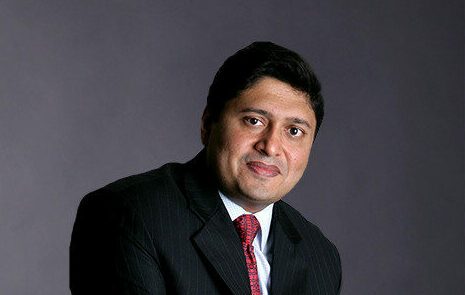TOKYO, Japan — In a Nikkei poll, only 12% of big Japanese corporations indicated they screen for human rights breaches at enterprises that supply them indirectly, such as suspected forced labor by Uyghurs in China’s Xinjiang province. The survey of almost 100 senior executives emphasizes the difficulties of monitoring risks across sometimes worldwide supply chains, as well as the necessity for companies to collaborate to address the problem. An overwhelming majority of responding organizations (79.8%) consider such infractions to be an increasing risk to their business. “Human rights concerns, for both corporations and individuals, occupy a radically different area than they used to,” said Takeshi Niinami, president and CEO of Suntory Holdings. Companies that regard human rights as a growing problem are particularly concerned about reputational damage, according to 78.6%. Other common worries were deterring investors (68 percent), clients canceling contracts (66 percent), and problems in raw material supplies (58.3 percent). Many businesses are already taking steps to mitigate these risks, with 70.8 percent stating that they have implemented a framework to research and monitor human rights issues. However, 41.3 percent of that group said they solely monitor potential infractions in their immediate business partners, while 33.7 percent said they concentrate on risks within their own company, including international subsidiaries. It’s still difficult to spot human rights issues further down the supply chain. Nearly half of organizations with established monitoring systems, or 43.9 percent, said they intend to extend their efforts in some way. Masamichi Terabatake, president and CEO of Japan Tobacco, said, “We do human rights due diligence based on the United Nations Guiding Principles on Business and Human Rights.” However, due to increased international scrutiny of human rights, more corporations may choose to join with other businesses to monitor dangers around the world. “We intend to make progress by participating in industrywide and cross-industry initiatives for difficulties our company cannot tackle on its own,” said Atsushi Katsuki, president and CEO of Asahi Group Holdings. Continue reading
Supply chain human rights abuses a blind spot for Japan: poll
2021-06-29T01:53:23-04:00June 29th, 2021|





